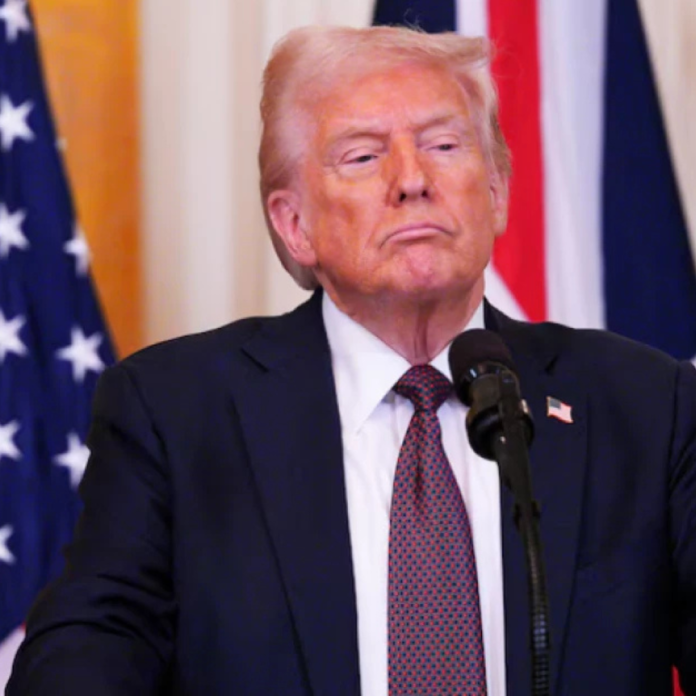US President Donald Trump unexpectedly paused tariffs on most countries, creating a surge in global markets on Thursday. However, he increased tariffs on China to 125% due to a “lack of respect,” intensifying the ongoing trade war with the superpower rival. Stocks on Wall Street and in Asia saw significant gains after Trump announced a 90-day halt on tariff hikes for nearly all nations.
Meanwhile, China retaliated with its own tariffs, imposing 84% on US imports, effective Thursday afternoon, adding to the growing tension between the two largest economies. Trump dismissed claims of backing down on tariffs, explaining he had to be flexible in response to the volatile US bond market and signs of investor anxiety.
Trump emphasized that trade deals would eventually be made with all countries, including China, although he believed Chinese leaders didn’t know how to negotiate. He stated that he couldn’t foresee raising Chinese tariffs any further.
Markets had been volatile since Trump’s announcement of global tariffs the previous week, including a 10% tariff on all countries and higher tariffs on major trade partners like China and the European Union. The sudden tariff pause followed negotiations with over 75 countries, which refrained from retaliation.
Japan welcomed the pause but demanded the US reconsider its tariffs on steel and auto exports. The European Union, in response to US tariffs on global steel and aluminum, announced measures targeting US products, though it did not retaliate against the separate tariffs introduced by Trump.
Trump’s announcement caused Wall Street to experience a major rally, with the S&P 500 surging by 9.5%. Asian markets also saw strong gains, including Shanghai’s stocks, despite the increased tariffs on China.
Trump maintained his belief that his policies would reinvigorate American manufacturing by pushing companies to relocate to the US. He continued to criticize China for overproduction and “dumping” cheap goods. Meanwhile, the trade tensions escalated, with China advising its citizens to “fully assess the risks” before traveling to the US.
US Defense Secretary Pete Hegseth also warned against Chinese “threats” as tensions over the Panama Canal grew.


